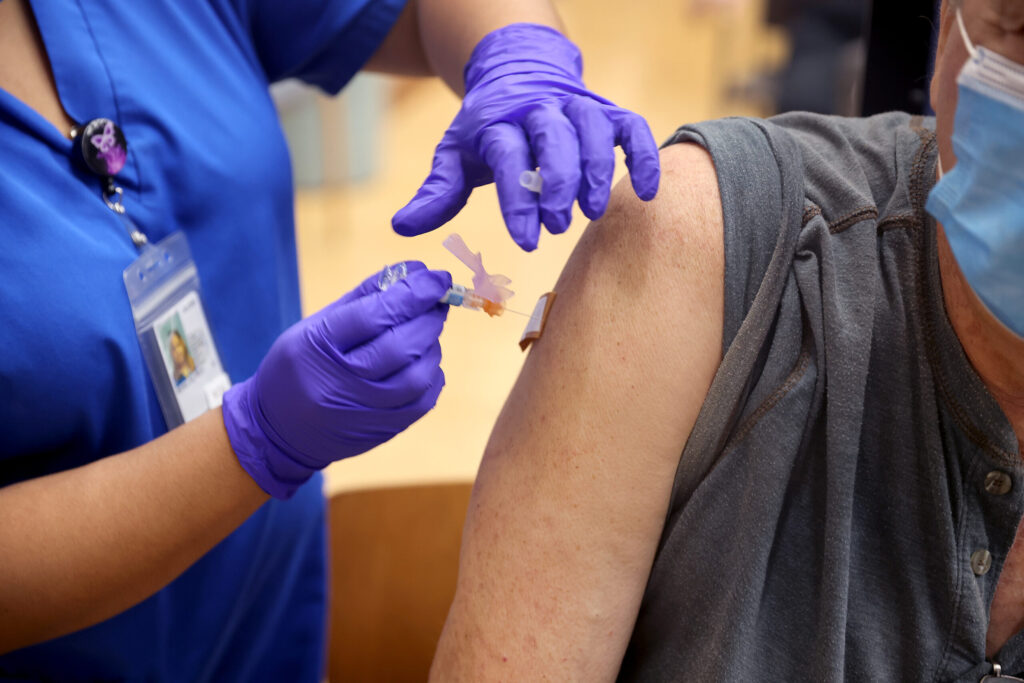Nebraska is at risk of becoming a medical desert. Currently, 30 counties lack the hospitals, staff, and infrastructure to serve rural residents. At the same time, many of our hospitals are short on nurses and rely on traveling workers from other states, which is expensive. It is estimated that Nebraska will need to hire 5,435 nurses to fill this gap.
This impacts the health outcomes of Nebraskans, especially in the areas of maternal health, primary care, and end-of-life care. But there are obvious solutions. It is about bringing in more skilled immigrant health workers.
Immigrants play an important role at all levels of the healthcare ecosystem and are essential when foreign patients face linguistic and sociocultural challenges. Nebraska has a growing and diverse immigrant population. In 2021, about 143,000 of the state's residents were foreign-born. Some of these workers were health care workers in their home countries, but are unable to work in that field in the United States.
Currently, foreign-educated nurses, nursing assistants, and doctors must undergo lengthy exams and training to work here. If you are a nurse, Nebraska requires you to take the Foreign Nursing School Alumni Board exam followed by the National Board licensure exam. Foreign-trained physicians, on the other hand, are often required to pass up to three U.S. medical licensing exams and re-complete a residency program.
Most foreign physicians must also apply for an H-1B or J-1 visa to come to the United States and enroll in a training program. Unfortunately, due to cost and time requirements, fewer and fewer programs sponsor these visas. Even if successful, these processes can take years for workers and their spouses and delay the start of training.
While most immigration policy is done at the federal level, Nebraska has the tools to deal with this situation.
Nebraska state boards and hospitals could remove some requirements for foreign-trained doctors and nurses. Many of these policies are set at the state board level, giving health care leaders flexibility to address shortages. For example, New Mexico, Oregon, Arizona, Utah, and New York have already eliminated the CGFNS exam for nurses.
The board could also issue more temporary, limited licenses to foreign-trained doctors, allowing them to work in rural areas without having to re-complete their training programs. Many states have begun relaxing requirements and issuing temporary licenses to allow doctors to work locally, and Illinois and Tennessee have passed legislation to give foreign doctors a path to permanent licenses. did.
Nebraska lawmakers should pressure federal agencies to speed up the visa process for trained foreign workers and their spouses. This will reduce the financial and emotional burden on families and help fill needed health care jobs more quickly.
Finally, assessing key challenges and long-term progress requires a consortium of relevant public and private sectors to address the issue of foreign-trained skilled health workers in the future.
Certainly, foreign-trained health care workers do not have the same educational background as U.S.-trained health care workers. While this is a legitimate concern, frequent training after work can help keep staff up to date with the latest information and clinical guidelines. This is already a regular practice for traveling nurses and doctors, who undergo training to keep up to date when changing hospitals. The same could be done with immigrant health workers and would be more economical than hiring expensive traveling health workers.
Critics may also point to the language barrier that foreign staff may face. On the contrary, these workers will be a tremendous linguistic and cultural asset to the care of a growing number of immigrant patients.
While most immigration stories focus on illegal immigrants, remember that skilled legal immigrants also face challenges and sometimes prejudice on the way to being allowed to work legally in the United States. That is important. Nebraska's health care system is suffering from a lack of skilled workers, and it is imperative that we incorporate more skilled medical immigrants into the workforce to avoid becoming a medical desert.
These changes will require collaboration between governments and the private sector, as well as reducing the stigma typically associated with foreign-trained workers and immigrants. But opportunities exist. All we need is the courage to pursue it.


